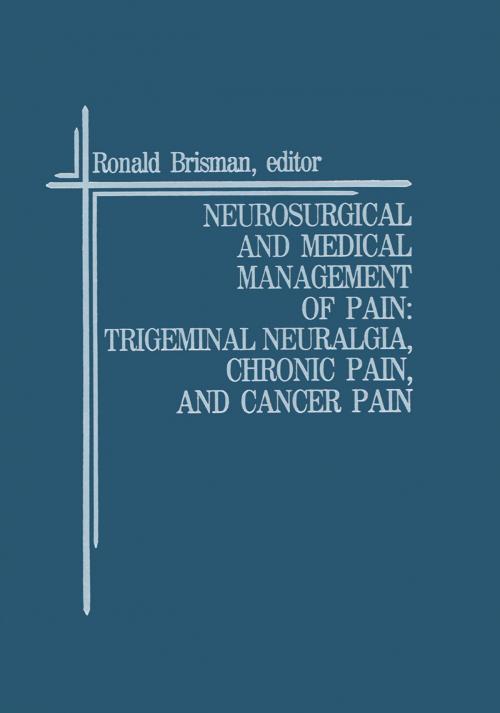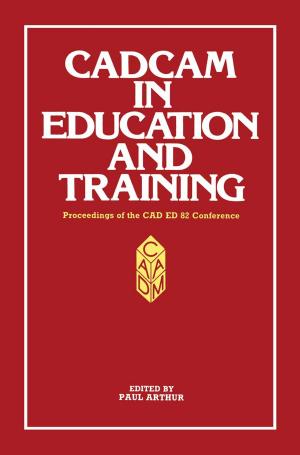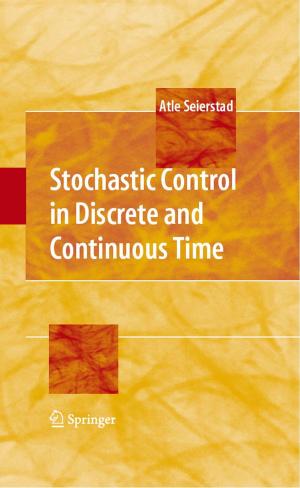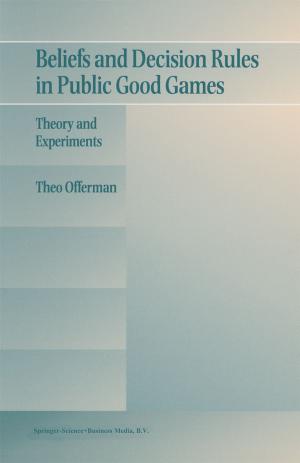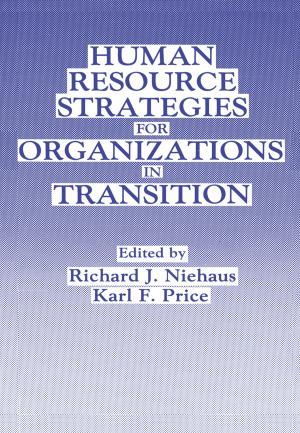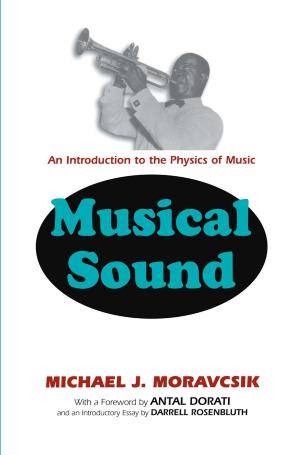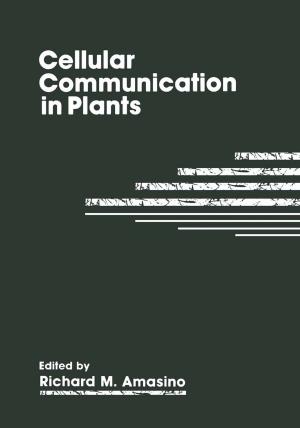Neurosurgical and Medical Management of Pain: Trigeminal Neuralgia, Chronic Pain, and Cancer Pain
Nonfiction, Health & Well Being, Medical, Surgery, Neurosurgery, Specialties, Anesthesiology| Author: | ISBN: | 9781461316510 | |
| Publisher: | Springer US | Publication: | December 6, 2012 |
| Imprint: | Springer | Language: | English |
| Author: | |
| ISBN: | 9781461316510 |
| Publisher: | Springer US |
| Publication: | December 6, 2012 |
| Imprint: | Springer |
| Language: | English |
Ronald Brisman, M.D. This book will discuss three areas where the The multiplicity of procedures with varying neurosurgeon may provide an important degrees of risks and benefits sometimes re contribution to the relief of intractable pain: quires a sequential approach, but always an trigeminal and other facial neuralgias, chronic individual one, matching an appropriate treat noncancer pain, and cancer pain. By one ment plan or procedure for a particular patient intervention, the neurosurgeon often may pro at a specific time in his or her illness. vide long-lasting pain relief. New techniques, The neurosurgical chapters in this book which have developed since the 1970s and represent my experience with several hundred continue to evolve, dominate the neurosur patients during a 12-year period from 1975 gical armamentarium because they are not only through 1987. I have relied heavily on the effective, but safe. These include percutaneous works of others, which have been quoted from radio frequency electrocoagulation for trigem the neurosurgical literature, but this book is inal neuralgia, spinal stimulation for chronic not meant to be encyclopedic. noncancer pain, and intraspinal morphine in At least as important as knowing when to fusion for cancer pain. operate is knowing when not to do so, and this Sometimes a procedure relieves pain but the is particularly true of the treatment of pain. pain recurs; it may be necessary to repeat the Most patients with pain do not require neuro procedure, which in the case of radiofrequency surgical intervention.
Ronald Brisman, M.D. This book will discuss three areas where the The multiplicity of procedures with varying neurosurgeon may provide an important degrees of risks and benefits sometimes re contribution to the relief of intractable pain: quires a sequential approach, but always an trigeminal and other facial neuralgias, chronic individual one, matching an appropriate treat noncancer pain, and cancer pain. By one ment plan or procedure for a particular patient intervention, the neurosurgeon often may pro at a specific time in his or her illness. vide long-lasting pain relief. New techniques, The neurosurgical chapters in this book which have developed since the 1970s and represent my experience with several hundred continue to evolve, dominate the neurosur patients during a 12-year period from 1975 gical armamentarium because they are not only through 1987. I have relied heavily on the effective, but safe. These include percutaneous works of others, which have been quoted from radio frequency electrocoagulation for trigem the neurosurgical literature, but this book is inal neuralgia, spinal stimulation for chronic not meant to be encyclopedic. noncancer pain, and intraspinal morphine in At least as important as knowing when to fusion for cancer pain. operate is knowing when not to do so, and this Sometimes a procedure relieves pain but the is particularly true of the treatment of pain. pain recurs; it may be necessary to repeat the Most patients with pain do not require neuro procedure, which in the case of radiofrequency surgical intervention.
